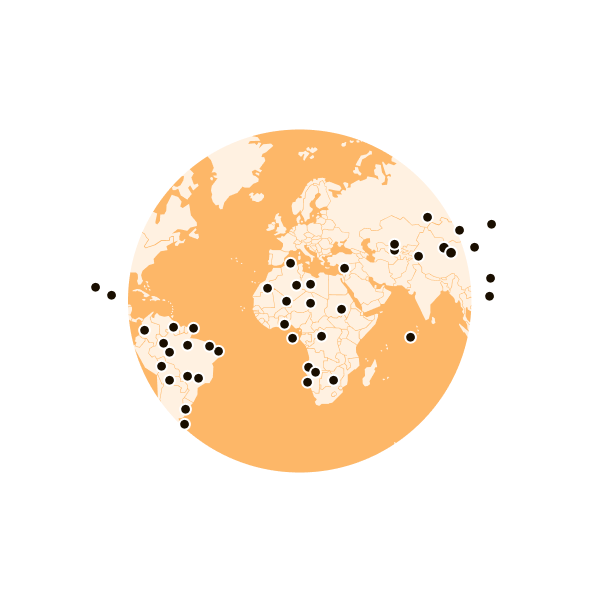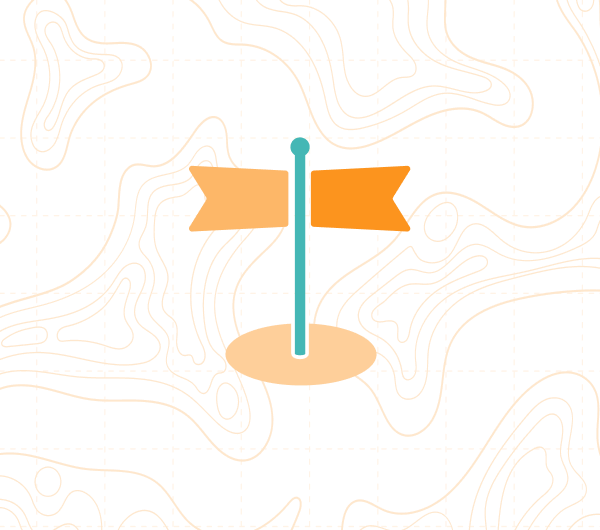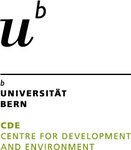Promoting transparency and accountability in land acquisitions
The Land Matrix is an independent land monitoring initiative that promotes transparency and accountability in decisions over large-scale land acquisitions (LSLAs) in low- and middle-income countries by capturing and sharing data about these deals.

Our data
Discover and download our interactive data through…
Latest resources

Analytical reports
Analytical report on land-based offset projects | Large-scale land acquisitions for carbon offsetting: Green grabbing or just transition?
2025-10-20Read more >>With demand for land remaining high in the agricultural sector, large-scale land acquisitions (LSLAs) continue to reshape rural landscapes and communities in low- and middle-income countries (LMICs). In the last few years, however, a critical but often underestimated new force has added further pressure to land: the growth of carbon …
Publications
Status of Land Tenure and Governance
2026-02-26Read more >>This report, published by FAO and our partners CIRAD and the International Land Coalition (ILC) -- with substantial contributions by the Land Matrix -- is the first comprehensive global stocktake designed to track how land is owned, used and governed. It generates, presents and assesses innovative data, and extracts insights …
News
From land acquisitions to local ownership: Alternatives for carbon offsetting (commentary)
2026-02-17Read more >>In a recent commentary published by Mongabay, responding to a critique from GRAIN on our newly released analytical report, we engage directly with concerns around land-based carbon offset projects. The voluntary carbon market and the business of carbon offsetting have faced increasing criticism in recent years, not only for …
Events
5th International Land Management Conference
2026-03-02Read more >>The 5th International Land Management Conference (ILM5), taking place 3-4 March 2026, will explore how politics and economics shape land governance outcomes. Through research papers, case studies, and practitioner insights, participants will engage with four interrelated themes over two days:
Theme 1: Improving understanding of the political economy factors that …
Contribute
Report a deal or suggest changes
Do you have information about land deals in your country that we can add to our database? Can you confirm or update information we already have? You can help us make the Land Matrix more accurate and comprehensive by adding a deal, providing feedback on existing data, or contacting us with any other queries or suggestions.











